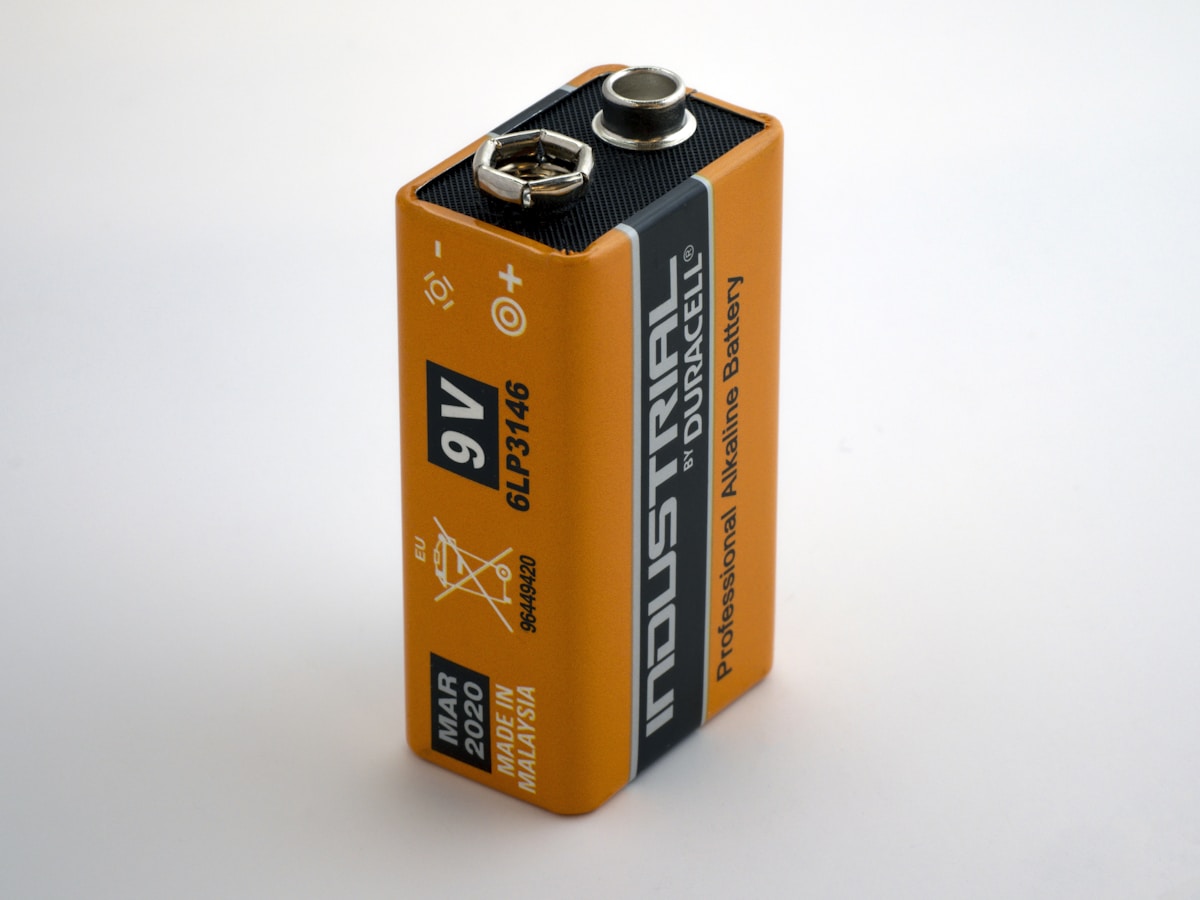Back to Industry News
Cleantech
Battery Storage Faces Hurdles in Carbon Neutrality Push
Summary generated with AI, editor-reviewed
Heartspace News Desk

Photo by Brett Jordan on Unsplash
Key takeaways
- Achieving carbon neutrality demands robust energy storage, especially battery systems
- As global energy needs climb, reliance on fossil fuels fuels emissions
- Integrating renewable sources like solar and wind into the power grid presents stability challenges
Achieving carbon neutrality demands robust energy storage, especially battery systems. As global energy needs climb, reliance on fossil fuels fuels emissions. Integrating renewable sources like solar and wind into the power grid presents stability challenges. Researchers are examining how battery energy storage systems (BESS) can address these issues. A recent study by Huadong Mo and colleagues identifies key areas for development. The research highlights that while BESS offers significant potential, technical and economic limitations persist. Optimizing system configurations and ensuring cybersecurity are critical for widespread adoption. Unresolved integration complexities and security risks require further investigation. Advancing research in these specific domains is essential. This progress will enable wider deployment of energy storage. Such expansion is vital for supporting renewable energy integration. Ultimately, it contributes to global carbon neutrality goals.
Related Topics
energy storagebattery systemscarbon neutralitygrid stabilityrenewable energy integrationcybersecurity
Want coverage like this for your company?
Local & industry wins build trusted proof, SEO/geo signals and prime national editors.
Check fit (2 min)